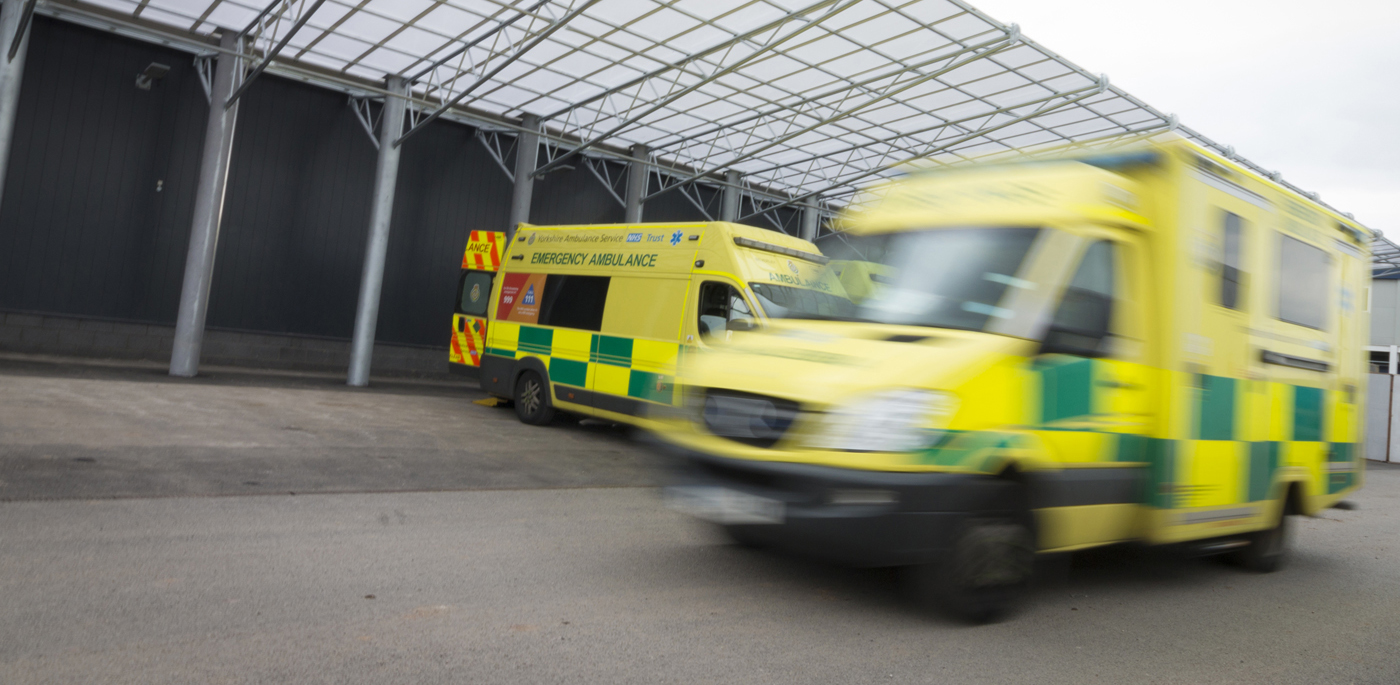COVID has not gone away. Here’s how you can show continued support for the NHS at the same time as protecting yourself and your loved ones
We’ve loved seeing your NHS rainbows and all the doorstep clapping. We are so grateful for all your donations and words of support. We now have an important message we need to share back with you, and it’s to make sure everyone stays safe.
As national lockdown restrictions related to COVID19 have eased, we’ve seen a sharp rise in the number of people seeking treatment in our emergency department again.
At the height of the coronavirus pandemic, Hull Royal Infirmary’s A&E department was seeing fewer than 200 patients each day, but that figure is now at 325 and rising.
Many patients who come to us for treatment could have been seen elsewhere, the pharmacy or a local urgent treatment centre, for example, or even practiced self care at home with rest and paracetamol.

Our A&E department is getting busier, even with COVID-19 still around
Emergency care is exactly what it says it is. It’s care for the unexpected; the critical injuries and life-threatening illnesses. All of us would expect doctors and nurses to be there in a flash if someone we loved was having a stroke or involved in a serious road traffic accident. Use of emergency care for anything other than serious problems potentially takes our highly trained experts away from someone who really needs them, or whose life could even depend on them.
A&E should not be used because it’s the nearest, or because it’s open late. Nor should it be used because you “actually don’t mind waiting”, or because you don’t’ know what the other options are.
Hull Royal Infirmary’s A&E department belongs to all of us. It will be there for us in our darkest hours, and we all have a responsibility to use it only in genuine times of need.
This is even more important right now, as staff continue to deal with the impact of coronavirus on top of delivering their amazing, life-saving care.
Let’s be really clear. Coronavirus has not gone away. Nationally, we continue to see people dying and scores of people contracting COVID19 every day.
Coming to A&E when you don’t need to:
- puts you at increased risk of exposure to coronavirus, and by default, those you live with
- puts others who could be more vulnerable to infection at higher risk of catching COVID-19 too
- makes two metre social distancing in a small department very difficult, and at times, almost impossible
- results in longer waiting times for everyone, as staff must take additional precautions – masks, aprons, cleaning and extra handwashing – between each and every patient.
How you can help
Public support for the NHS throughout the pandemic has been overwhelming. The love and support shown for staff treating patients with coronavirus and keeping the hospital wheels turning elsewhere has been nothing short of amazing.

Call 111 or visit NHS.uk for advice and to find out where to get treatment
Let’s continue that by showing our A&E staff the same amount of understanding and respect as life slowly begins to return to a ‘new normal’.
We need everyone, including you, to look for services other than A&E if the problem is not a serious injury or critical illness. Call 111 or visit www.nhs.uk for online advice, to find out where you could be treated closer to home, and don’t assume your GP surgery is closed. All parts of the NHS are still working to protect patients from COVID-19, but they are still working.
Let’s harness all of the goodwill that you have shown for NHS staff and offer our thanks in a different way. Think carefully, look for alternatives, and if you’re ever unsure, call 111. If it’s a real emergency, they’ll be sure to tell you, and we’ll be here for you.
Sources of help and information:
Find out more about the different NHS services and what they do at NHS.uk
Find sources of medical help near to you:
- in Hull
- in the East Riding
Find out what to do if you think you have COVID-19 symptoms
Get advice or read more about different health problems at www.nhs.uk

